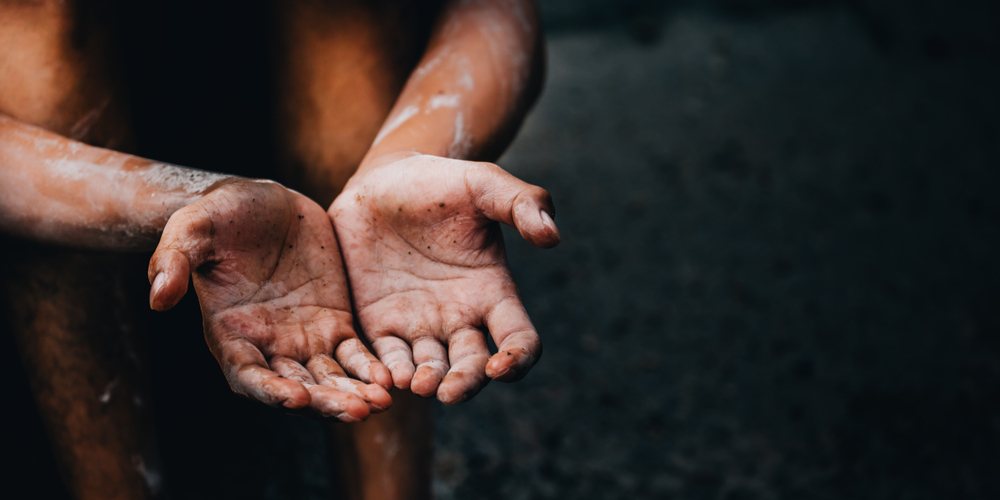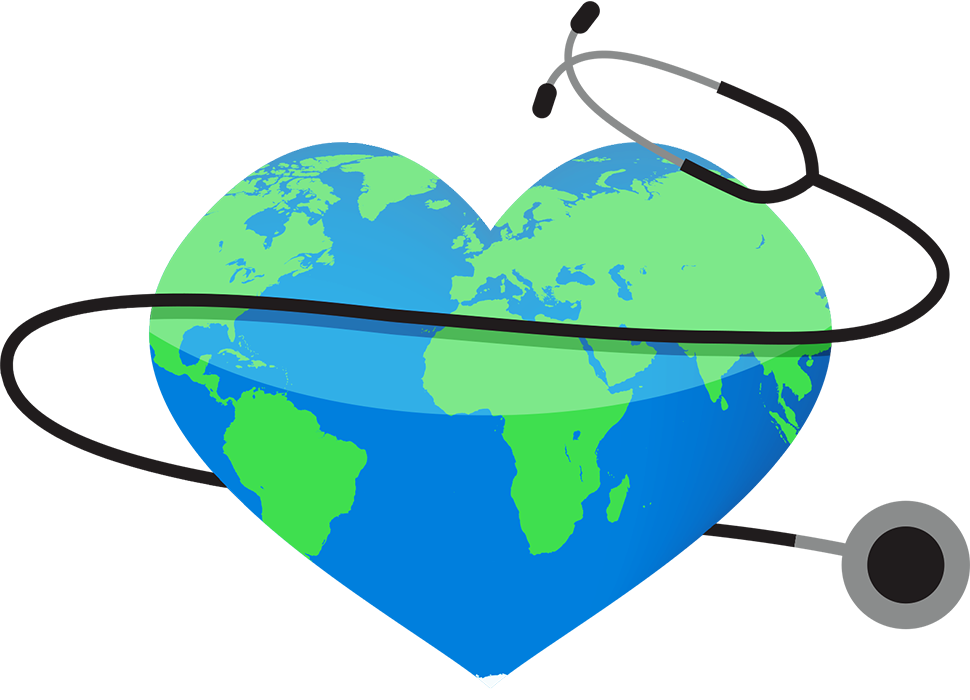
What is poverty?
Poverty is widely regarded as having insufficient funds to be able to address basic needs such as hunger, shelter and clothing. Poverty may also include not having access to basic human right such as a source of clean water, essential medial services and a right to equality and democracy.
Statistics
Recent research suggests that over 3 billion people live on less than $2.50 each day; this equates to almost half of the world’s population living in poverty.
UNICEF estimates that more than 25,000 children die each day as a direct result of living in poverty; almost all of these deaths occur in the developing world.
Studies show that the twenty richest countries account for 75% of global income, while the poorest 40 countries account for just 5%.
Helping to combat world poverty
Eradicating world poverty has become a subject of global interest in recent years due to high-profile media events such as ‘Live Aid’ and well publicised campaigns such as ‘Make Poverty History’; increased advertising and celebrity endorsements for Charity programmes and schemes have also placed world poverty high on the public agenda.
Government interventions have seen some of the most dramatic changes in global policy ever seen, with many developed countries agreeing to scrap third world debt in the year 2000 and subsequent pledges to increase the financial aid they send to developing countries; this aid can be used to launch educational initiatives, build and restore facilities such as medical centres and schools, improve the sanitation system and provide the necessary equipment and training to teach local people how to become self-sufficient in the future.
In 2001, world leaders and charitable trusts met to discuss ways to reduce global poverty; by 2015 it was hoped that world poverty would have halved and all children would have the right to primary school education; plans also aimed to reduce the infant mortality rate in the developing world by up to 65%. It remains to be seen if these targets can be reached.
